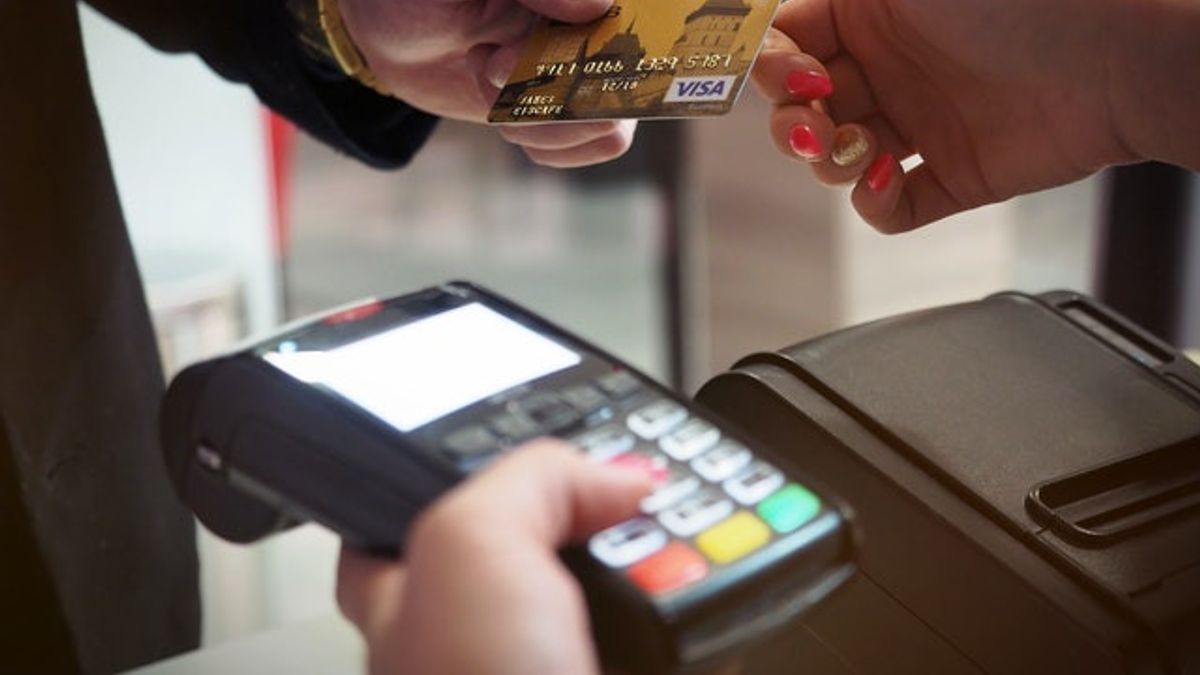JAKARTA - Every country must have its own financial institutions. A financial institution is a business entity that offers services in the financial sector. Unlike real assets, financial institutions have primary assets in the form of financial assets as well as claims in the form of stocks, bonds, and loans.
Financial institutions are tasked with collecting funds from the public, and then channeling funds for development projects so that they earn profits in the form of interest or percentages. In addition, according to the Brookings Institute, some financial institutions achieve this in three main ways: offering credit, managing markets, and collecting risk among consumers.
In Indonesia, financial institutions are divided into two groups, namely bank financial institutions and non-bank financial institutions.
Bank financial institutionsBank financial institutions are tasked with providing financial services such as remittance services, lending money, safekeeping of valuables and withdrawing funds from the public. There are at least three types of bank financial institutions in Indonesia, namely;
Central BankThe central bank can be interpreted as an institution that is responsible for stabilizing prices and the value of the currency prevailing in a country, including the stability of the value of money for goods and services measured by inflation, as well as stability of exchange rates with foreign currencies. In Indonesia, the one acting as the central bank is Bank Indonesia.
Commercial banksCommercial banks are banks that carry out business activities conventionally or based on sharia principles, which in their activities provide services in payment traffic. Like saving and borrowing people's money.
rural banksRural Banks (BPRs) are bank financial institutions that accept deposits only in the form of time deposits, savings, or other equivalent forms and distribute funds as a BPR business.
Non-Bank Financial Institutions (LKBB)According to the Decree of the Minister of Finance of the Republic of Indonesia Number KEP-38/MK/IV/1972, Non-Bank Financial Institutions are all entities that carry out their activities in the financial sector, either directly or indirectly, by collecting funds from the public by issuing securities and distributing these funds to finance investments in various companies.
LKBB also functions as a mover, guarantor, and intermediary in every issue and exchange of shares, debt securities, bonds, and other securities. Here are ten non-bank financial institutions that are often found in Indonesia:
pawnshopPegadaian is a government-owned public company (BUMN) that provides loans with guaranteed and unsecured non-banks that are recognized by the state through the OJK (Financial Services Authority).
Saving and loan cooperativeSavings and loan cooperatives are non-bank financial institutions in the form of cooperatives that collect funds from their members and then distribute them back to members and non-members.
Venture Capital CompanyVenture Capital Company is a company whose role is to provide capital to other companies that have high-risk activities but require large capital to build them and have good business prospects.
Pension fundA pension fund company is a type of business entity that provides old-age insurance services by collecting funds obtained from deductions from employee salaries every month as long as a person is still actively working.
Lease CompanyLeasing companies or often referred to as leasing are Non-Bank Financial Institutions that provide financing services with a rental contract system combined with purchases in installments, both to individuals and companies. As long as the payment has not been paid off, the rights to the goods are still with the leasing party even though you can use the goods in full.
Capital marketThe capital market brings together fund seekers or issuers with investors or investors. Corporate and individual investors can buy shares through securities companies.
Money marketThe money market is a meeting place between financiers and potential customers. In this place, one party can borrow funds from the other party at a certain rate of interest in return.
Financial Technology (Fintech)Companies based on financial technology or commonly abbreviated as fintech are also part of Non-Bank Financial Institutions in a more modern form. The business activities carried out by this company range from crowdfunding or fundraising, micro financing or financial services for the lower middle class people to help with their daily needs, to Peer-to-Peer (P2P) lending services that provide services. borrow money without having to go through a long process as is often found in conventional banks.
Insurance companyAn insurance company is a non-bank financial institution whose function is to protect customers when a risk occurs. This company raises funds through premiums paid by customers within a certain period of time in accordance with the agreement of both parties stated in the insurance policy. Insurance can also secure personal finances when things go wrong.
Lease CompanyLeasing companies or often referred to as leasing are Non-Bank Financial Institutions that provide financing services with a rental contract system combined with purchases in installments, both to individuals and companies.
The English, Chinese, Japanese, Arabic, and French versions are automatically generated by the AI. So there may still be inaccuracies in translating, please always see Indonesian as our main language. (system supported by DigitalSiber.id)













